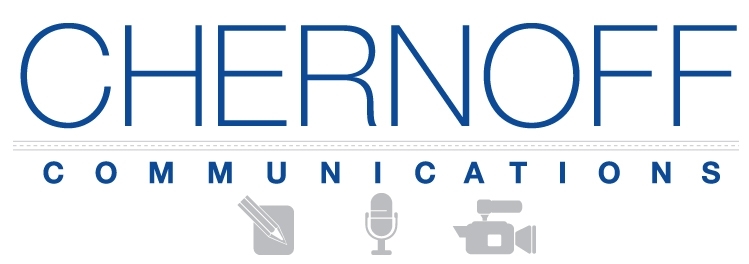Journalists are supposed to be objective in reporting the news, at least as objective as any person can be. In practice, this means consciously setting aside one’s opinions and reporting the news straight, without a slant.
But even when reporters and editors are trying to keep their personal perspectives out of stories they still may color their writing, sometimes unconsciously. This happens at every news organization, even the most respected in the nation.
Consider The Wall Street Journal’s coverage of H.R. 5376, “The Build Back Better Act,” which would increase social services and fund initiatives to combat climate change. The bill is receiving heavy media coverage as Congressional Democrats have significantly scaled back the scope of the legislation, trying to find the votes needed to gain its passage. A news story in The Wall Street Journal on November 8 referred to the bill as, “Mr. Biden’s roughly $2 trillion tax-and-spend package,” using the loaded, “tax-and-spend” phrase four times. The language was right out of the Republican playbook that labels the opposing party as a group of “tax-and-spend Democrats.” In fact, that’s exactly how Republican Senator Rob Portman criticized the legislation on the Senate floor: “Since the Democratic leadership and the Biden administration first proposed the massive tax-and-spend legislation called reconciliation seven weeks ago, I have come to the floor every week to explain what’s in this massive tax-and-spend proposal and why I believe it’s wrong, for the economy.”
Rather than using the “tax-and-spend” label, other mainstream news outlets referred to the legislation in their reports as a “social spending bill” or a “social spending and climate bill.” They also used the more accurate $1.75 trillion price tag.
The Wall Street Journal article was a straight news piece discussing corporate support for aspects of the bill so it’s doubtful the reporters and editor on the story were intentionally trying to demean the legislation. That would be inappropriate. More likely, the reporters were revealing an unconscious bias in their use of such a loaded phrase—and their editor did as well in approving its use.
In contrast, there’s nothing unconscious about the language in The Journal’s editorial or the op-ed it published about the legislation—as should be the case in opinion essays. The editorial argues the Build Back Better Act would really be, “building back worse,” and the guest essay attacks the legislation as, “the largest tax-and-spend-increase—and disincentive to work—since the introduction of the income tax.”
